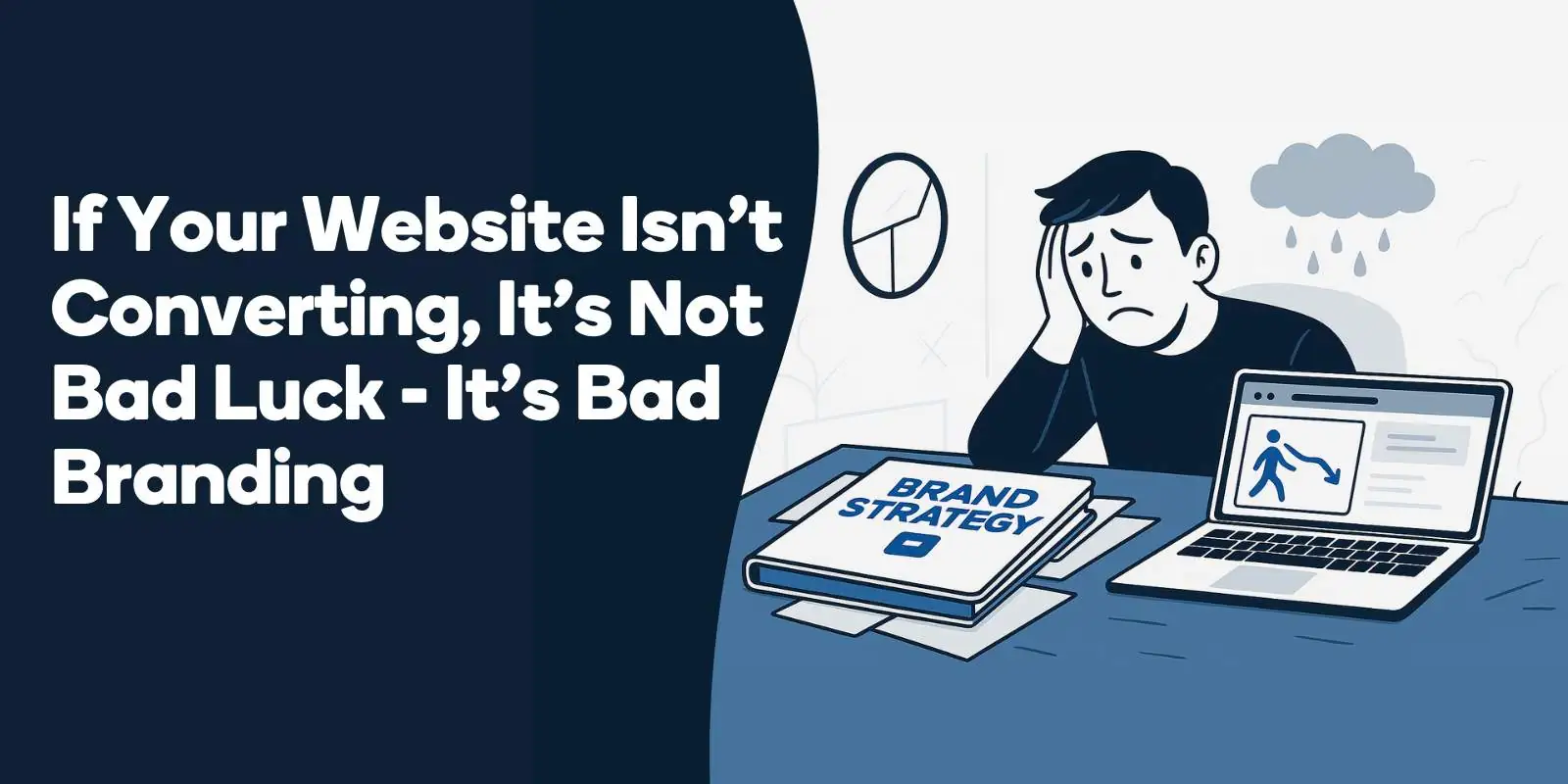In this post, I’ll guide you through the world of understanding the impact of HTTPS on SEO, so you can make an informed decision and reap the benefits of enhanced security and performance.
The Importance of HTTPS for SEO
The significance of HTTPS in SEO cannot be understated. Search engines like Google view HTTPS (Hypertext Transfer Protocol Secure) as a critical ranking factor, helping them evaluate and understand websites.
By implementing HTTPS, you can improve your site’s rankings, enhance trust and credibility, and even track referral data more accurately.
So what exactly is HTTPS? In simple terms, it functions similarly to regular HTTP but with an extra layer of security. This secure protocol ensures that all data transmitted through a webpage using HTTPS is encrypted, safeguarding it from potential threats.
Google’s Emphasis on Security
Google places a high priority on website security and strongly recommends that website owners implement HTTPS.
Google announced that security will be an important factor in its search engine algorithm. Specifically, the company decided to use the HTTPS protocol as a ranking signal.
This emphasis on security stems from Google’s commitment to safeguarding users’ data while encouraging website owners to take the necessary steps to protect their users’ information.
By prioritizing HTTPS websites, Google ensures a safer browsing experience for users, ultimately leading to heightened trust and credibility.
Providing a secure environment for users to interact with your website can significantly impact your SEO performance, as well as your overall online reputation.
User Experience and Trust
Websites that implement HTTPS not only rank higher in search results, but also foster a sense of trust and security among visitors.
The SSL (Secure Sockets Layer) certificate, an essential component of HTTPS, encrypts data transmitted through a webpage, such as personal details, credit card numbers, and other sensitive information. By ensuring a secure connection, HTTPS can dramatically improve user experience and instill confidence in visitors.
The primary objective of HTTPS is to increase security by making it more difficult for malicious actors to intercept and steal confidential data.
By adopting HTTPS, your website demonstrates a commitment to protecting your users’ information, ultimately enhancing user experience and trust in your brand.
Competitive Advantage
Embracing HTTPS can give your website a competitive advantage in search rankings. Websites with the secure protocol are typically ranked higher than those without it.
This can translate into increased organic traffic, user trust, and security, which are all essential factors for a successful online presence.
Furthermore, having an HTTPS-enabled website ensures a secure connection for data transmission, enhancing user experience and ultimately driving higher conversion rates.
By staying ahead of the curve and adopting HTTPS, you can effectively position your website for long-term success in the ever-evolving landscape of SEO.
Transitioning from HTTP to HTTPS
Switching from HTTP to HTTPS may seem daunting, but with careful planning and execution, the transition can be smooth and beneficial for your website’s SEO performance.
The process involves obtaining an SSL certificate, updating website elements, and monitoring performance to fix any potential issues.
In the following sections, we’ll delve into each of these steps in detail, guiding you through the transition and ensuring that your website reaps the full benefits of HTTPS implementation.
Obtaining an SSL Certificate
An SSL (Security Sockets Layer) certificate is crucial for a website to run on HTTPS. Developed by Netscape, this certificate encrypts your site’s data and assures website visitors that the site is secure.
To obtain an SSL certificate, you’ll need to select a certificate authority, verify your domain, and submit payment.
It’s essential to understand the various types of SSL certificates available to decide which one is most suitable for your website. By identifying the right SSL certificate for your site, you can ensure that your website’s security is optimized and that your users can trust your online presence.
Updating Website Elements
Once you’ve obtained an SSL certificate, it’s time to update your website elements. This involves changing URLs, resources, and internal links to use the HTTPS protocol instead of HTTP.
Additionally, you’ll need to update any hardcoded HTTP links in your website’s code.
Proper redirection is also crucial during this transition. Implementing 301 redirects ensures that your website’s rankings remain unaffected by the switch to HTTPS.
By updating all necessary elements and setting up appropriate redirection, you can maintain your website’s SEO performance and provide a seamless browsing experience for your users.
Monitoring Performance and Fixing Issues
After transitioning to HTTPS, it’s essential to monitor your website’s performance and address any potential issues promptly.
Various tools are available for monitoring HTTPS performance, including Sematext Experience, Dynatrace RUM, AppDynamics Browser RUM, New Relic Browser, and Websiteuptime.
To address potential issues, troubleshoot your website and ensure all elements are correctly configured. This includes validating the SSL certificate and confirming that all redirects are properly set up.

Award-Winning
Sales Funnel & Website Expert
Discover How My Agency Can Grow Your Business
- Website: Our websites are the perfect blend of form and function.
- Sales Funnel: We build sales funnels that turn leads into customers.
- SEO: Get found online with our expert SEO services.
Additionally, serve all content over HTTPS and remove any mixed content to guarantee that your website is secure and provides an optimal user experience.
Enhancing SEO Through Secure Practices
In addition to implementing HTTPS, there are several best practices for optimizing website security and improving SEO performance.
These include choosing a reliable hosting provider, utilizing content delivery networks (CDNs), and implementing security tools and monitoring.
By following these secure practices, you can ensure that your website not only ranks higher in search engine results but also provides a safe and enjoyable experience for your users, ultimately leading to increased trust, credibility, and organic traffic.
Choosing a Reliable Hosting Provider
Selecting a secure hosting provider is crucial for your website’s performance and security.
Factors to consider when choosing a hosting provider include server reliability, uptime scores, security, customer service, availability of site backups, registration and maintenance costs, the ability to add domains, account limitations, e-commerce and email options, speed, scalability, and hosting environment type.
To make an informed decision, read reviews and seek advice from other website owners. Ensure that the hosting provider offers the required features and services for your website, such as support for the latest technologies, scalability, and the capacity to add domains.
Implementing Content Delivery Networks (CDNs)
Content Delivery Networks (CDNs) can significantly improve your website’s performance and security by caching content, such as web pages, images, and videos, in proxy servers near the user’s physical location.
This allows for faster content delivery, enhancing the user experience. CDNs also provide an additional layer of security by protecting against malicious attacks and reducing the load on your web server.
To implement a CDN, you’ll need to configure DNS records, enable the CDN, configure your web server, and upload content to the CDN.
By utilizing a CDN, you can not only improve your website’s performance, but also safeguard it from potential threats.
Utilizing Security Tools and Monitoring
Security tools and monitoring are essential for maintaining your website’s security and compliance with HTTPS standards.
Popular security tools for HTTPS and SEO include Sucuri, Cloudflare, and SSL Labs. These tools help detect and prevent malicious activities while ensuring that your website adheres to HTTPS standards.
By employing security tools and monitoring, you can safeguard your website against potential threats, maintain your position in search engine rankings, and ensure a secure and enjoyable user experience.
Potential Pitfalls and Solutions in HTTPS Implementation
Despite the numerous benefits of HTTPS implementation, there are potential pitfalls that may arise during the process, such as mixed content, server misconfigurations, and certificate management issues.
These issues can lead to security vulnerabilities, search ranking and performance issues, and website downtime.
To mitigate these risks, it’s essential to address potential pitfalls and implement solutions, such as obtaining an SSL certificate, updating website elements, utilizing security tools and monitoring, ensuring proper redirection, and maintaining SSL certificate renewal.
Dealing with Mixed Content
Mixed content is seen when a webpage has an HTTPS URL, but the HTML elements and resources on the webpage are served via non-HTTPS URLs.
It is a major concern as it reduces the security provided by the HTTPS connection. This inconsistency can lead to security warnings and data theft, as well as negatively impact your website’s SEO performance.
To identify and fix mixed content, search for resources loading over HTTP and verify whether they are accessible over HTTPS.
Update the source file and check for errors to ensure the issue has been resolved. By addressing mixed content, you can maintain your website’s security and compliance with HTTPS standards.
Ensuring Proper Redirection
Proper redirection is crucial during the transition from HTTP to HTTPS. Implementing 301 redirects guarantees that your website’s rankings remain unaffected by the switch and ensures a seamless browsing experience for your users.
To set up 301 redirects, create a redirect rule in your web server configuration file or use a plugin or script to automate the process.
By ensuring proper redirection, you can maintain your website’s SEO performance and provide a seamless browsing experience for your users.
Maintaining SSL Certificate Renewal
Timely SSL certificate renewal is essential for maintaining your website’s security and compliance with HTTPS standards.
SSL certificates are typically issued for a period of one to two years, as per the guidelines of the respective certificate authorities (CAs).
To ensure SSL certificate renewal, website owners should take a proactive approach and set reminders for themselves.
By maintaining SSL certificate renewal, you can avert security issues and guarantee that your website remains secure and compliant with HTTPS standards.
Measuring the Impact of HTTPS on SEO Performance
Assessing the effect of HTTPS implementation on your website’s SEO performance is crucial for understanding its impact on your online presence.
By evaluating changes in organic traffic, keyword rankings, and SERP visibility, you can gauge the success of your HTTPS implementation.
In the following sections, we’ll discuss how to effectively track search rankings, analyze user engagement metrics, and evaluate conversion rates and revenue, providing you with a comprehensive understanding of your website’s SEO performance after switching to HTTPS.
Tracking Search Rankings
Monitoring search rankings is essential for evaluating the efficacy of your website’s optimization for search engine rankings.
Tools such as Google Analytics, Moz, or Ahrefs can help you track your website’s search rankings after switching to HTTPS.
By keeping a close eye on your search rankings, you can identify any potential issues that may be impacting your website’s SEO performance and make informed decisions on how to optimize your site for better rankings and visibility.
Analyzing User Engagement Metrics
User engagement metrics provide valuable insights into how users interact with your website. By monitoring these metrics, you can pinpoint areas of improvement and assess the effectiveness of modifications made to your site.
Google Analytics and other similar tools can help you assess user engagement metrics such as page views, time on page, session length, session frequency, acquisitions, and retention rates.
By leveraging these metrics, you can make informed decisions on how to optimize your website and boost user engagement.
Evaluating Conversion Rates and Revenue
One of the key benefits of implementing HTTPS is the potential for increased conversion rates and revenue generation. By fostering trust and credibility, HTTPS can lead to higher conversion rates and ultimately result in increased revenue for your website.
To evaluate conversion rates and revenue, you can divide the number of conversions by the total number of visitors and multiply the number of conversions by the average order value, respectively. By tracking these metrics, you can assess the impact of HTTPS implementation on your website’s bottom line.
Frequently Asked Questions
Does HTTPS affect SEO?
Yes, HTTPS does affect SEO. Google confirmed as far back as 2014 that HTTPS is a ranking signal in its search algorithm, albeit a relatively lightweight one compared to factors like high-quality content and link profiles.
HTTPS is a protocol for secure communication over a computer network, and it adds a layer of encryption to your website, which enhances user security.
Does HTTPS help SEO?
Yes, implementing HTTPS can help SEO efforts. Although HTTPS is not a major ranking factor, it contributes to a safer user experience, which Google values.
When a website is secured with HTTPS, it demonstrates to users that their data is protected, potentially leading to increased trust and engagement, which indirectly impacts SEO. Moreover, having a secure site also prevents warnings from being displayed in browsers like Chrome, which could otherwise deter users and increase bounce rates.
How much does SSL affect SEO?
SSL, which stands for Secure Sockets Layer, is the standard technology behind establishing an encrypted link between a web server and a browser. In other words, it’s part of what makes a site HTTPS. So, just as with HTTPS, having an SSL certificate can positively affect SEO.
Google has indicated that it gives a slight ranking boost to HTTPS/SSL sites, and having an SSL certificate can also improve user trust, potentially enhancing engagement and reducing bounce rates.
Does Google rank HTTPS higher?
While Google has indicated that HTTPS is a ranking factor, it’s worth noting that it’s a relatively minor one. That said, Google does give a slight ranking advantage to HTTPS websites, all other things being equal.
More importantly, the indirect effects of HTTPS – such as improved user trust and decreased bounce rates – can have a more significant impact on a site’s SEO performance.
Why does Google prefer HTTPS?
Google prefers HTTPS because it’s committed to making the internet safer for everyone. HTTPS encrypts user data, helping to protect it from eavesdroppers and hackers. This secure protocol protects the integrity of your site and the privacy and security of your users.
For these reasons, Google has encouraged webmasters to make the switch to HTTPS and has even incentivized the change by making it a lightweight ranking factor.
Is HTTPS a ranking factor?
Yes, HTTPS is a ranking factor. In 2014, Google announced HTTPS as a ranking signal for its search algorithm. Although it’s considered a lightweight signal and won’t necessarily catapult your website to the top of the SERPs on its own, it’s still beneficial to switch to HTTPS for the added security and trust it provides to users, as well as for the potential indirect benefits to your SEO.
Conclusion
In conclusion, implementing HTTPS on your website is a crucial step towards improving your site’s security, user experience, and SEO performance.
By understanding the importance of HTTPS, transitioning from HTTP to HTTPS, enhancing SEO through secure practices, addressing potential pitfalls, and measuring the impact on SEO performance, you can effectively position your website for long-term success in the ever-evolving landscape of SEO.
Embrace the benefits of HTTPS and pave the way for a secure and prosperous online presence for your website.












